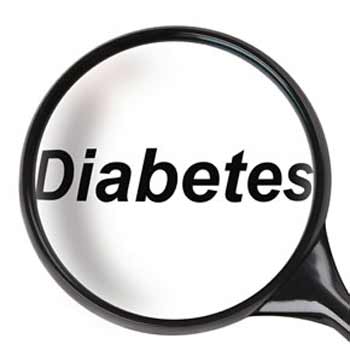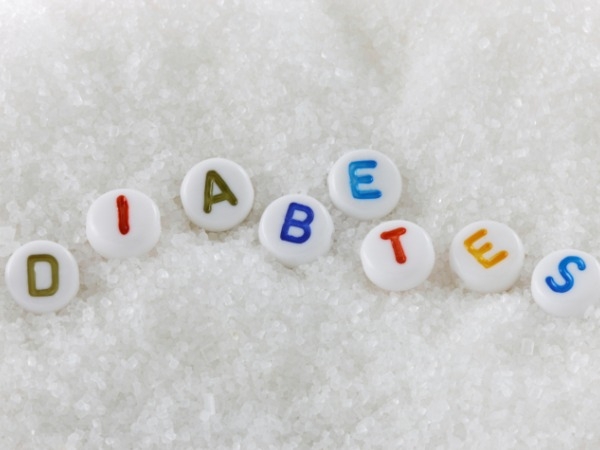Diabetes is a much talked about subject these days. It is thought to be one of the fastest growing diseases in the world to the extent that the World Health Organization (WHO) recently described it it as an epidemic. But what is diabetes exactly? This article will explain what the disease does to the body and the various types of diabetes.
Diabetics are noted for having a high level of sugar in their blood. They are unable to reduce this sugar level which can lead to further health complications if left untreated. Sugar gets into the bloodstream when we metabolize food. It is used by the body’s cells as energy. Without the energy the cells would starve.
It is often thought that eating too much sugar or sugary foods will give you diabetes. This is not true. Eating sugary foods will not give you diabetes but it could lead to a gain in weight if there is not enough exercise to go with the food intake.
If a high sugar diet is followed for any length of time, without exercise there is a good chance that the person will become overweight and eventually obese. And one link that most people with type 2 diabetes have is that they are overweight or obese. The assumption being that a person that is over weight stands a higher chance of developing the disease.
Also a diet high in sugary foods is not a balanced diet and will lead to a deficiency of vital nutrients and vitamins that could cause further health issues.
Another aspect of diabetes is that many people that have it do not know that they have it. This is because there are often no symptoms or the symptoms can be ascribed to another illness, like the flu, stress or simply overworking.
Here are some of the more common symptoms:
Excessively thirsty (polydipsia).
Needing to urinate often (polyuria).
Having a big appetite without putting any weight on.
Always tired.
Nauseous or a generally unwell feeling.
Blurred vision.
Yeast infections.
Male impotence.
If you have noticed any of these symptoms then you should see your doctor.
It could be that your body has stopped producing insulin. Insulin is the hormone that reduces the sugar level in the blood. This is called type 1 diabetes or insulin dependent diabetes.
The other alternative is that the pancreas continues to produce insulin but the body has become resistant to it, negating the sugar reducing affect it has on the blood. This is termed type 2 diabetes. A similar condition happens to pregnant women. This is known as gestational diabetes and will start during pregnancy and stop after the birth.
There is still no cure for diabetes. Consequently, lifelong treatment is the way to deal with the disease.
Treatment includes setting up a diabetic diet plan. This is effectively a well balanced meal plan that consists of portions of carbohydrates, proteins and fats. Exercise is also an important part of the treatment. Diabetics are encourages to get as much exercise as they can and keep their weight down.
Type 1 diabetics will also inject insulin whenever they are about to eat a meal or if they have a high reading. People with type 2 diabetes could also take medication so that the body responds to the naturally created insulin.


